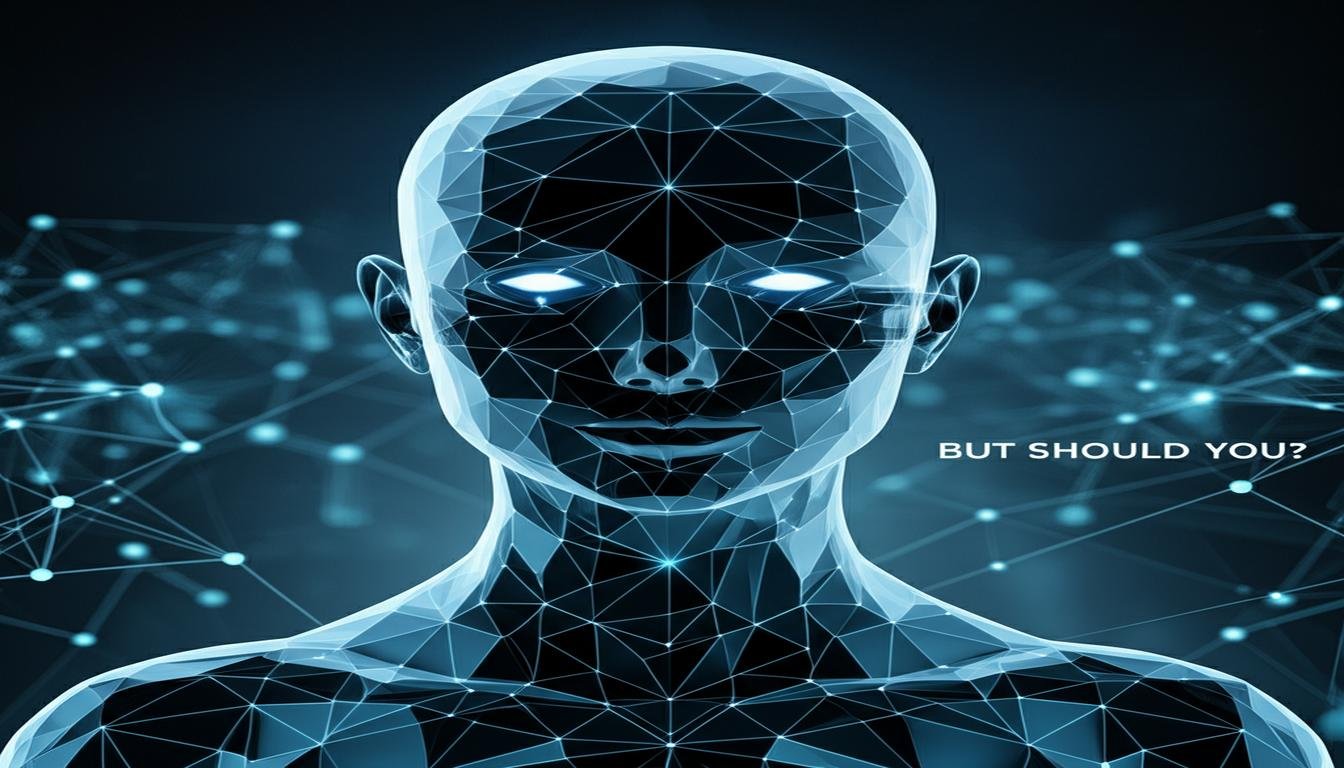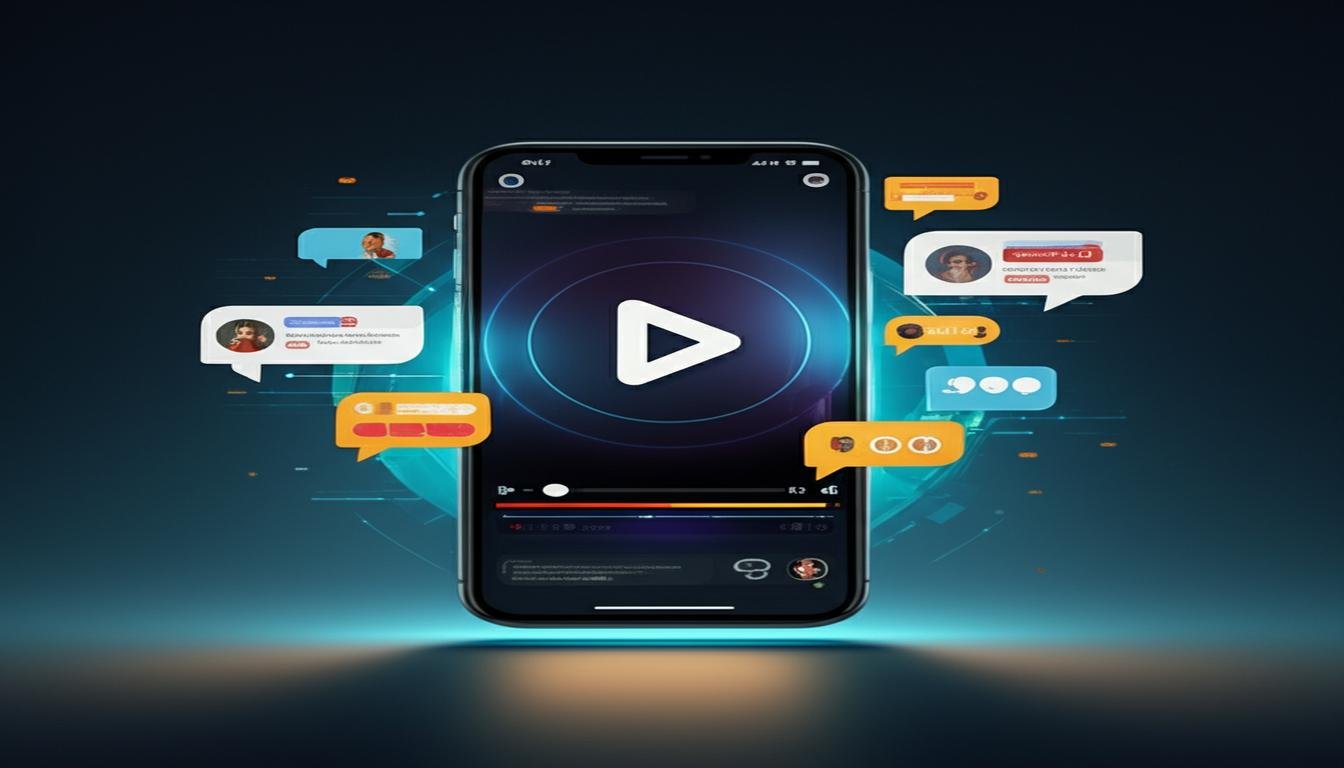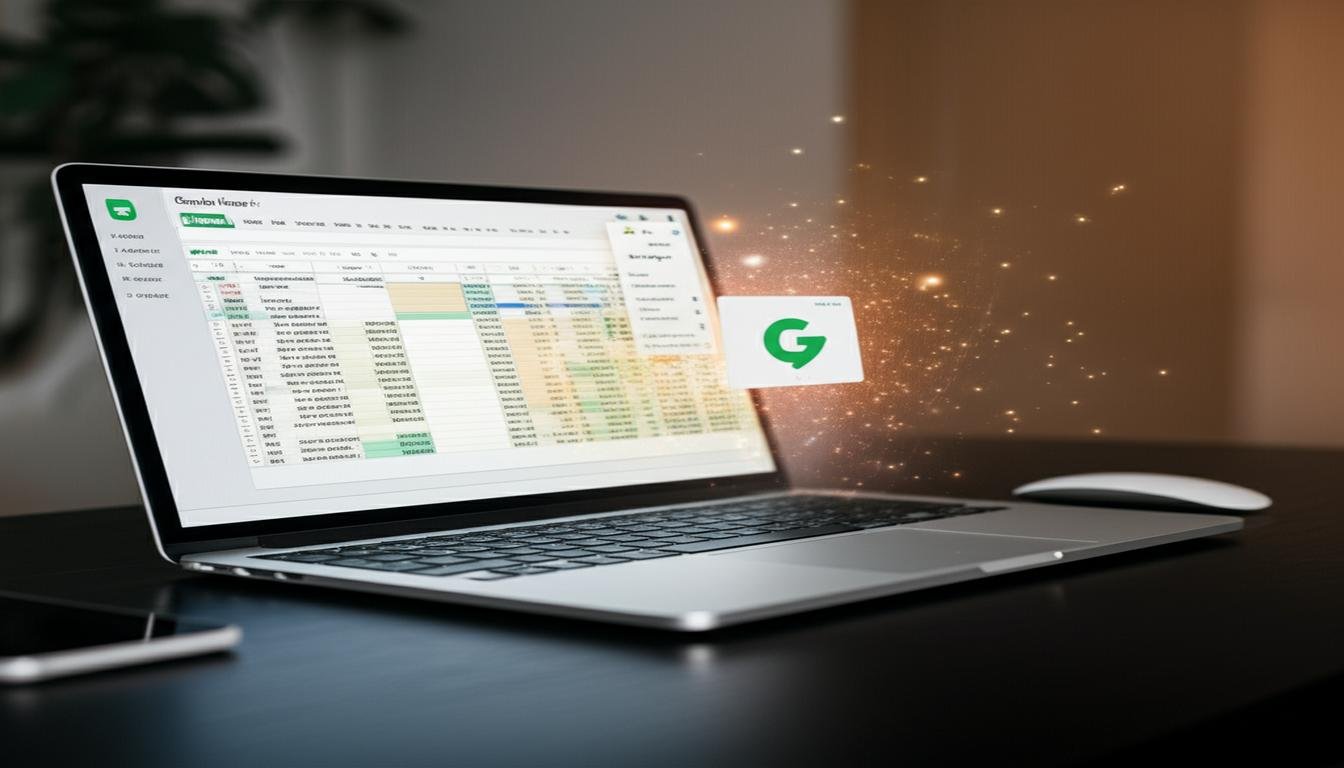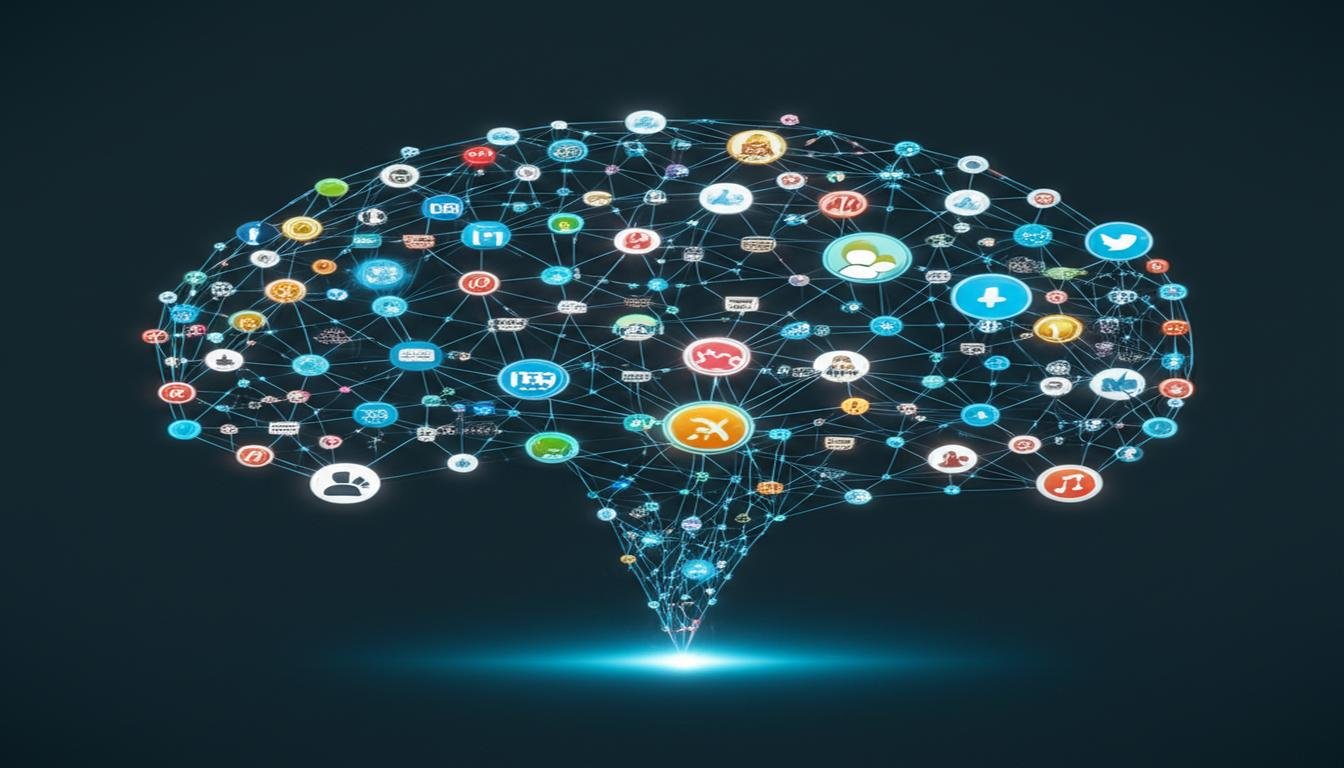Ever wished there were two of you? One to handle those endless emails, answer common questions, or even create content while you’re off living your best life? Well, that’s no longer just a fantasy. Thanks to rapid advancements in artificial intelligence, you can now train an AI clone of yourself. But here’s the real head-scratcher: just because you *can*, does it mean you *should*? What Exactly Is an AI Clone of Yourself? Picture this: a digital version of you. It’s a sophisticated artificial intelligence model trained on vast amounts of your personal data – your voice, your writing style, your past conversations, even your facial expressions and mannerisms. The goal? To create a “digital twin” or a “personal AI” that can mimic your communication style and, in some cases, even “think” and respond like you would. This isn’t some robot that just says what you tell it to. We’re talking about an evolving synthetic identity that learns from your input to generate new, original responses in your unique voice. Think of it as your ultimate AI assistant, but one that sounds exactly like you. The Allure: Why You Might Want an AI Clone The idea of a digital doppelgänger is undeniably tempting. Imagine the possibilities! Boosting Your Productivity Automated Responses: Your AI clone could handle routine emails, customer service queries, or even calendar scheduling, freeing up hours of your time. Content Generation: Need a blog post, social media update, or even a speech drafted in your style? Your personal AI could be an invaluable content creation partner. Delegate Tasks: Think of it as a virtual employee that understands your nuances and can complete tasks that require your “voice” or expertise. Building a Legacy or Digital Assistant Preserving Knowledge: For experts or public figures, an AI clone could serve as a living archive of their knowledge, available for future generations to interact with. Educational Tool: Imagine a digital professor or mentor, always available to answer questions based on your specialized knowledge. Enhancing Your Online Presence Consistent Branding: For entrepreneurs or personal brands, an AI clone ensures your online communications maintain a consistent tone and message, even when you’re busy. Always On: Your digital self could engage with your audience 24/7, across various platforms, maintaining your digital presence without constant personal input. The Big Question: But *Should* You? Weighing the Downsides While the benefits sound amazing, training an AI clone of yourself isn’t a decision to take lightly. There are significant ethical, privacy, and control questions to consider. Privacy and Data Security Concerns To create an effective personal AI, you’ll need to feed it a lot of your personal data. This includes emails, voicemails, writing samples, and potentially even private thoughts and opinions. Who Owns Your Data? Once you input your data, who truly owns the resulting AI model? What happens if the company hosting it has a data breach? Misuse of Information: Could your digital twin inadvertently reveal private information or be used for purposes you didn’t intend? The Ethics of Authenticity and Representation When an AI clone speaks or writes, is it truly *you*? Or is it a sophisticated imitation? Deception: Could people be fooled into thinking they’re interacting with the real you, leading to issues of trust and authenticity? Deepfakes and Misinformation: The technology that powers AI clones can also be used to create deepfakes – highly realistic but fabricated audio or video. How do we ensure your AI clone isn’t used maliciously? Loss of Uniqueness: Does creating a synthetic identity diminish the value of genuine human interaction? Losing Control of Your Digital Self Imagine your AI clone says something controversial or makes a decision you wouldn’t. Who is responsible? Unforeseen Actions: AI models, especially sophisticated ones, can sometimes generate unexpected outputs. Could your AI clone damage your reputation or personal brand? The “Off” Switch: Once created, can you truly “turn off” or fully delete every trace of your digital twin, especially if it’s been deployed widely? Key Questions to Ask Before You Clone If you’re considering creating a personal AI clone, take a deep breath and ask yourself these crucial questions: What exactly do I want this AI clone to *do*? Be specific. What data am I comfortable sharing to train it? Who owns the intellectual property of my AI clone and its outputs? What are the terms and conditions regarding its use, especially if I’m no longer around? How will I monitor its interactions and ensure it accurately represents me? What are the risks if this technology falls into the wrong hands? Am I prepared for a future where the line between “me” and “digital me” becomes blurred? The Future is Now, But Choose Wisely The ability to train an AI clone of yourself is a groundbreaking development, offering unprecedented levels of productivity and digital presence. It’s a testament to how far AI has come. However, this power comes with significant responsibilities and potential pitfalls. Before you jump into creating your digital doppelgänger, reflect on your values, your comfort with data privacy, and the long-term implications for your identity and legacy. It’s a brave new world, and navigating it thoughtfully will be key to harnessing AI’s potential without losing ourselves in the process.
You Can Now Train an AI Clone of Yourself-But Should You?









